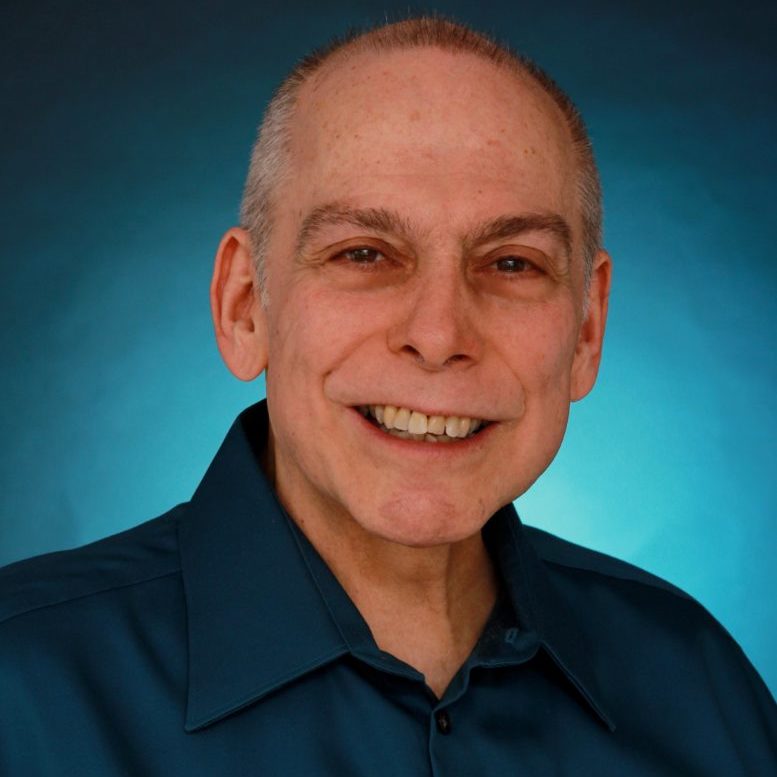My reason for becoming a licensed chemical dependency counselor
Early in my professional career, I noticed an advertisement for an outpatient family counselor in an inpatient treatment program on a bulletin board where I was working full-time. I decided to apply for that position since many of my colleagues were doing that kind of work, and I was curious to learn more about it.
As I met with the families, I realized the need they and their loved ones had to overcome regarding all the challenges they were experiencing.
Having compassion for and an understanding of their needs allowed me to identify and communicate helpful strategies without judging them. This resulted in me feeling fulfilled after seeing the results of the guidance I offered them.
Several years ago, my son asked me how much longer I’d be counseling people since his understanding was that people in that profession who were in it as long as I was had a high burnout rate. He was surprised when I told him I hadn’t thought about when I would stop counseling people.
After that conversation ended, I thought about the reason I hadn’t considered when I would stop counseling people.
I realized that having the opportunity to help others while respecting them and not taking responsibility for what they decided fueled my passion to continue providing professional assistance to anyone who requested it.
50+ years have passed, and I’m still feeling that joy and gratitude in helping others to manage their recovery journey.
What’s your passion?

Alan Simberg Ph.D.
Alan Simberg, Ph.D. has been trained as a Life Mastery Consultant through Mary Morrissey’s Life Mastery Institute. He is certified in Applied Clinical Nutrition and is also a certified NET (Neuro Emotional Technique) practitioner. This background in combination with his being trained and licensed as a Marriage and Family Therapist and Chemical Dependency Counselor and his 50 plus years of clinical experience have provided him with a wealth of knowledge and understanding.
